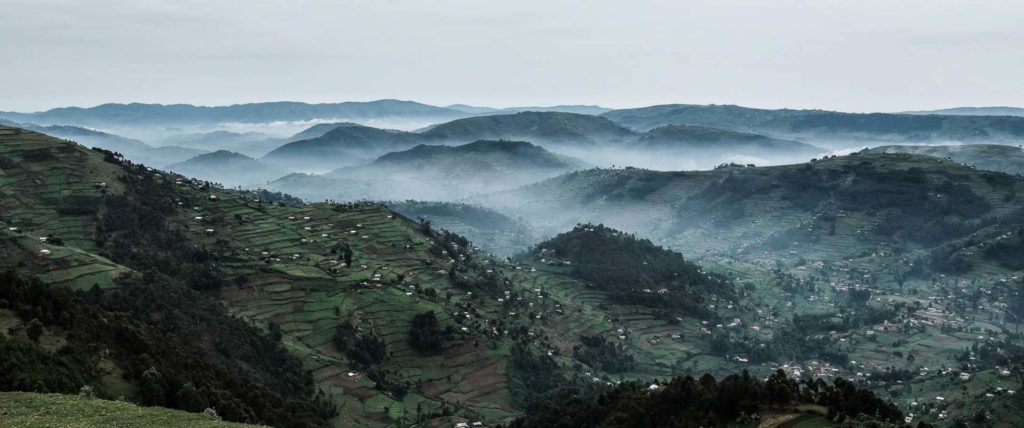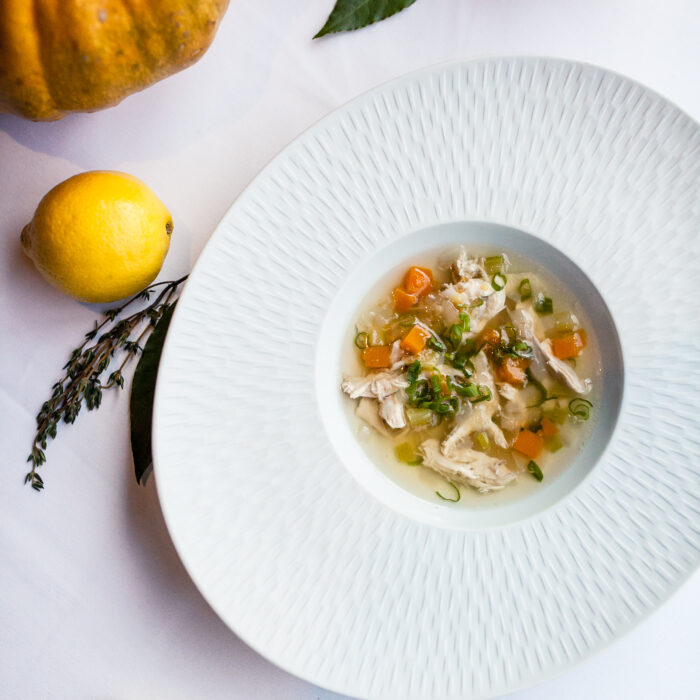Gloria Mushabe Receives Prestigious FAO Global Farmer Field Schools Innovation Award
November 20, 2024

November 20, 2024
August 26, 2024
August 26, 2024
August 26, 2024
August 21, 2024
July 10, 2024
June 27, 2023
June 23, 2023
Indigenous Foods Preservation Project
June 20, 2023
June 2, 2023
November 18, 2022
November 11, 2022

Used as a healing soup for thousands of years, bone broth is an easy way to savor the flavors of your Thanksgiving table while promoting a healthy immune system during the height of cold and flu season. Rich in calcium, magnesium, phosphorus, and other trace minerals, regularly consuming bone broth has been linked to improved gut health, immune system functioning, and joint pain relief. It’s also something you can easily make at home by converting otherwise wasted food scraps into nutrient rich flavorful broth you can keep for a long time in your freezer.
